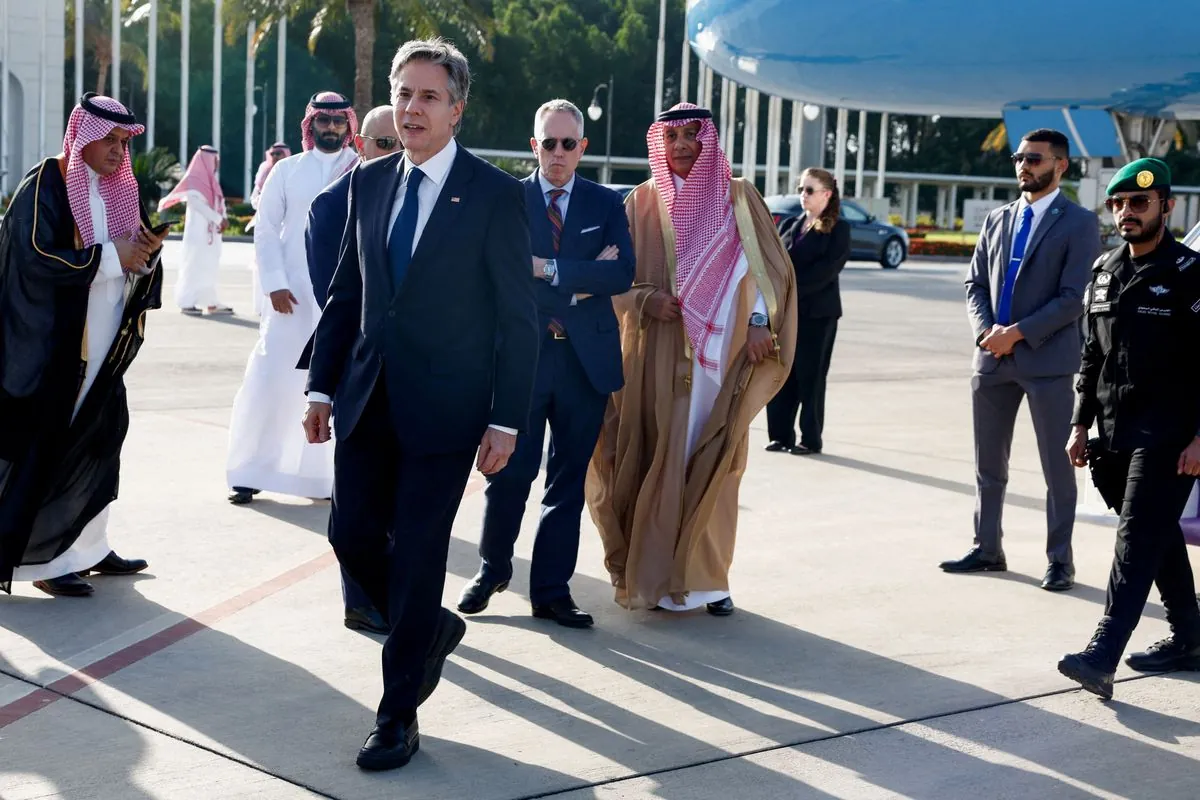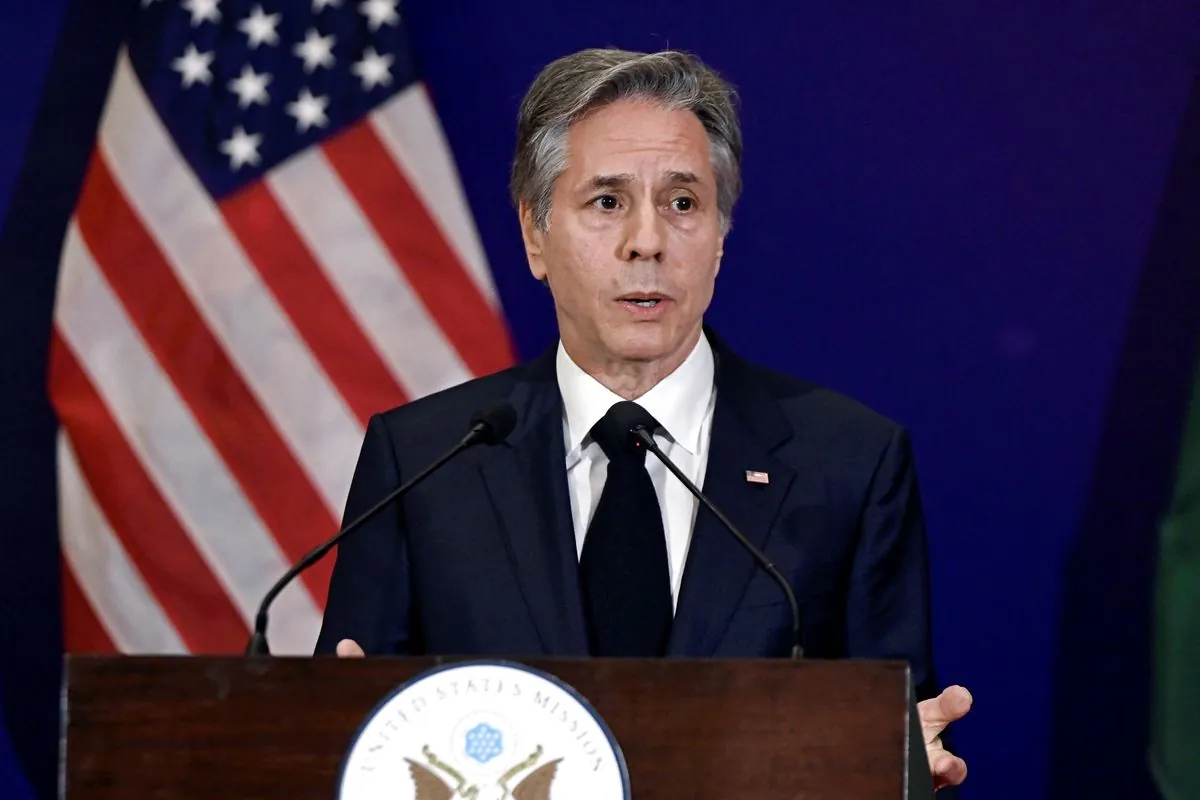US Urges Restraint Amid Rising Middle East Tensions
US officials call for de-escalation in the Middle East following recent attacks. Secretary of State Blinken emphasizes diplomatic efforts, while the Pentagon bolsters regional defenses.

In a bid to prevent further escalation of conflicts in the Middle East, the United States has intensified its diplomatic efforts. Antony Blinken, the US Secretary of State, announced on August 6, 2024, that Washington has directly communicated with both Iran and Israel, urging restraint.
The region has been on edge following the recent killings of senior members of militant groups Hamas and Hezbollah. These events have raised concerns about potential retaliatory actions by Iran and its allies.
Blinken stated, "We've been engaged in intense diplomacy with allies and partners, communicating that message directly to Iran. We've communicated that message directly to Israel." He emphasized the importance of avoiding actions that could lead to unpredictable and uncontrollable outcomes.

Simultaneously, the Pentagon has taken steps to bolster its military presence in the region. Lloyd Austin, the US Defense Secretary, announced the deployment of additional fighter jets and Navy warships to the Middle East. This move aims to enhance the defense capabilities of US forces and provide support to Israel if necessary.
The urgency of these diplomatic and military measures was underscored by a recent attack on a US base in Iraq. On August 5, 2024, five US troops and two contractors were injured in a rocket attack on al Asad airbase. Austin attributed this incident to Iran-backed groups, stating that the US "will not tolerate" such attacks on its personnel.
"What I've been focused on is making sure that we're doing everything we can to put measures in place to protect our troops and also make sure that we're in a good position to aid in the defense of Israel, if called upon to do that."
The situation is further complicated by Iraq's unique position as an ally to both the US and Iran. With 2,500 US troops stationed in the country and Iran-backed militias linked to its security forces, Iraq finds itself in a delicate balancing act.
Amidst these tensions, efforts to achieve a ceasefire in Gaza and secure a hostage deal continue. Blinken expressed optimism, noting that these talks have reached their final stage and should conclude soon.
As the US navigates this complex diplomatic landscape, it draws on its long history of involvement in Middle East affairs. The current situation reflects the ongoing challenges in a region where alliances and conflicts have deep historical roots, dating back to the establishment of key states and organizations in the mid-20th century.


































